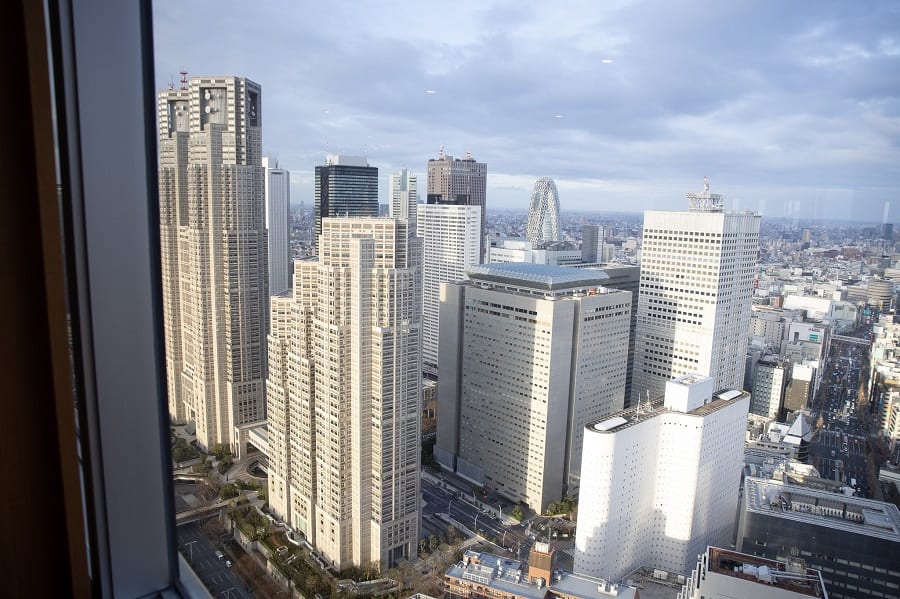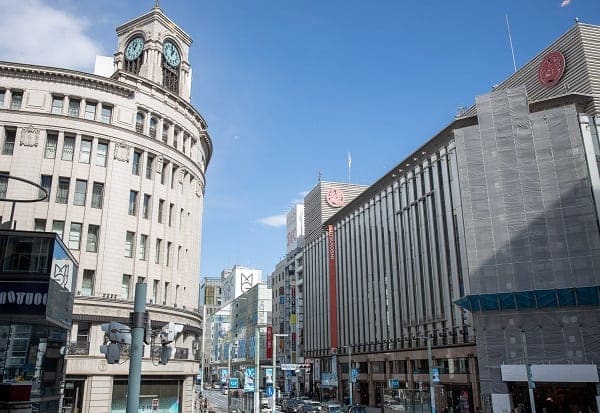The Coronavirus, the Economy and the Olympic Games in Tokyo

“The Coronavirus and the Olympic Games in Tokyo”, Coronavirus is the great crisis of 2020. It already claimed tens of thousands of lives, shut down a variety of major sporting events and put entire cities on lockdown. It’s sly, popping up thousands of miles from where you’d think it was. It spreads quickly and seems smart enough to hunker quietly in ‘superspreaders’ to infect as many people as possible. It is the greatest health crisis of our time, and how the world deals with it will determine our future for years, right?
Well, actually – no, not really.
WHAT WE KNOW OF THE CORONOVIRUS
The problem here is that there’s a fundamental misconception going around about COVID-19. It is super infectious, it is spreading quickly and it will kill a lot of people. But figures like 3000 dead (in China, as of March 3rd,) are actually a little misleading.
The bottom line is this: coronavirus is 100 times more dangerous than the standard flu. It is by far the most lethal disease we’ve faced, even in the last thirty years. However, the Coronavirus differs from infections like SARS or MERS, in that the mortality rate clocks in at a mere 1.4%. A small percentage in comparison to a 40%-60% margin.
On the other hand, it is much easier to contract COVID-19 than any of those diseases – the latest from Hong Kong indicates that even dogs can catch it. The upshot of all this is that you’re probably, at some point, going to get it.
But the chance that you’ll die from it is vanishingly small. The true victory of coronavirus is fear. This isn’t to say there’s nothing to worry about – nobody wants to catch the flu, let alone a disease far more likely to kill you. But if you do, you’re by no means going to die. It won’t be a pleasant experience, granted –if you’re over 50, be extra careful.

CORONAVIRUS AND THE ECONOMY
So far, even medical experts and doctors at the front lines have difficulty coping with this new reality. Overworked doctors in China, South-Korea, Italy, and Iran are just the precursors of what hospitals could expect around the world.
Read also:
- Karolina Styczyńska – Conquering Japan through Shogi
- John Boyega and the Rise of Skywalker in Tokyo
- Billie Eilish Tour In Japan (2020)
- A Front Seat in Sumo Wrestling
For now, it causes psychological discomfort and is growing day by day. In turn, politicians and people in charge overreact in a way that will be damaging to our economies.
What started with procrastination (see Japan) in fear of causing a wide-spread panic turned into overkill (see Italy quarantining entire regions of its country and many countries closing its borders to certain countries entirely).
But who can blame them?
Just purely from an insurance liability point of view, measures will have to be extreme. The purpose is demonstrating force and determination to do whatever it takes against this invisible threat. This led to decisions that are probably unnecessary and, in most cases, ineffective, e.g. rubbing your hands in alcohol all the time or shutting out entire regions such as in Italy.
TOKYO OLYMPIC GAMES AND THE CORONAVIRUS
The fear is palpable, and a major victim is large public gatherings – it is, after all, difficult not to be sneezed on at least once when you’re surrounded by a whole bunch of people.
The list of high profile events to fall victim to the Big C includes the Venice Carnival, any number of film festivals and SXSW. The question now is: will the Japan Olympics follow suit?
The argument seems fairly compelling. Japan is hugely crowded, the government’s reaction has come under intense scrutiny and for most people in the world, the whole place is altogether too close to the epicenter of the outbreak in Wuhan. It’s highly unlikely the entire event will be canceled, but, as the New York Times recently pointed out, it does seem increasingly possible that the entire event happens without an audience. Foreign attendance has probably already been decimated by this virological calamity, but without any Japanese going along, it’ll be a sorry episode indeed.
Whether or not this should happen isn’t really easy to say. On one hand, COVID-19 is, pretty much, beyond containment. On the other, it does seem to make sense not to pack thousands of people into buildings and have them inhale each other’s breath for a few hours. Either way, it will be a disaster for the Japanese economy, which was hoping for a massive surge in purchases and tourism in the summer of 2020. The virus has already infected the Olympic dream. It doesn’t really matter what will happen. What matters is that people are already terrified – and terror and Tokyo 2020 make uncomfortable bedfellows.






